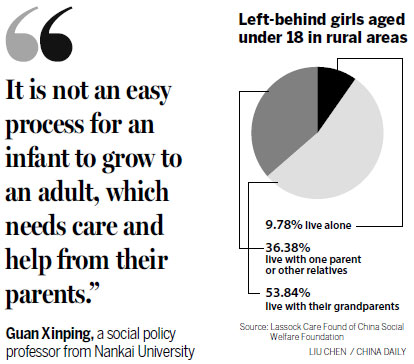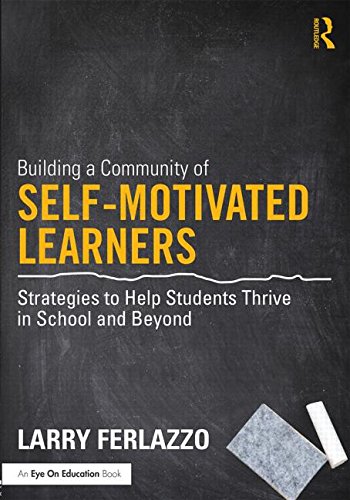### How to Know If Your Student Loan Is in Default: A Comprehensive Guide
Guide or Summary:Missed PaymentsLoan Servicer CommunicationCredit Report ImpactCollection Agency InvolvementDamaged Credit ScoreWage GarnishmentLoss of Elig……
Guide or Summary:
- Missed Payments
- Loan Servicer Communication
- Credit Report Impact
- Collection Agency Involvement
- Damaged Credit Score
- Wage Garnishment
- Loss of Eligibility for Financial Aid
- Legal Action
- Contact Your Loan Servicer
- Consider Loan Rehabilitation
- Explore Loan Consolidation
- Seek Financial Counseling
#### Understanding Student Loan Default
When it comes to managing your finances, understanding the implications of student loans is crucial. One of the most concerning statuses for any borrower is default. But how do you know if your student loan is in default? In this guide, we will delve into the signs of default, the consequences, and the steps you can take to rectify the situation.
#### Signs That Your Student Loan May Be in Default
To begin with, it's essential to recognize the indicators that your student loan might be in default. Generally, a student loan is considered to be in default when you fail to make payments for a specified period, typically 270 days for federal loans. Here are some key signs to look out for:
Missed Payments
If you've missed several monthly payments, this is the first red flag. Keeping track of your payment history can help you stay informed about your loan status.
Loan Servicer Communication
Your loan servicer should reach out if you fall behind on payments. If you receive notices or calls from your servicer indicating you are in default, it's crucial to take these communications seriously.
Credit Report Impact
Another indicator is your credit report. Defaulting on a student loan will negatively impact your credit score. Regularly checking your credit report can help you catch any signs of default early.

Collection Agency Involvement
If your loan has been turned over to a collection agency, this is a strong indication that your loan is in default. Collection agencies will attempt to recover the debt, which can lead to additional stress and financial burden.
#### Consequences of Defaulting on Your Student Loan
Understanding the repercussions of defaulting on your student loan is vital. Here are some potential consequences:
Damaged Credit Score
As mentioned earlier, defaulting can severely damage your credit score, making it difficult to secure loans or credit in the future.
Wage Garnishment
In some cases, the government can garnish your wages, meaning they can take a portion of your paycheck to repay the loan.
Loss of Eligibility for Financial Aid
Defaulting on a federal student loan can make you ineligible for additional federal financial aid, which can be a significant setback if you plan to continue your education.
Legal Action
In extreme cases, lenders may pursue legal action to recover the owed amount, leading to further financial and emotional stress.
#### Steps to Take If You Are in Default
If you find yourself in a situation where your student loan is in default, don’t panic. There are steps you can take to regain control:
Contact Your Loan Servicer
The first step is to reach out to your loan servicer. They can provide you with information about your loan status and discuss your options.
Consider Loan Rehabilitation
Loan rehabilitation is a process that can help you get your loan out of default. It usually involves making a series of agreed-upon payments to bring your loan back into good standing.
Explore Loan Consolidation
Another option is loan consolidation, which can combine multiple loans into one, potentially making payments more manageable.

Seek Financial Counseling
If you’re feeling overwhelmed, consider seeking help from a financial counselor. They can provide guidance tailored to your situation and help you develop a plan to manage your debt.
### Conclusion
In summary, knowing how to identify if your student loan is in default is essential for maintaining your financial health. By recognizing the signs, understanding the consequences, and taking proactive steps, you can navigate this challenging situation. Remember, you are not alone, and there are resources available to help you get back on track.